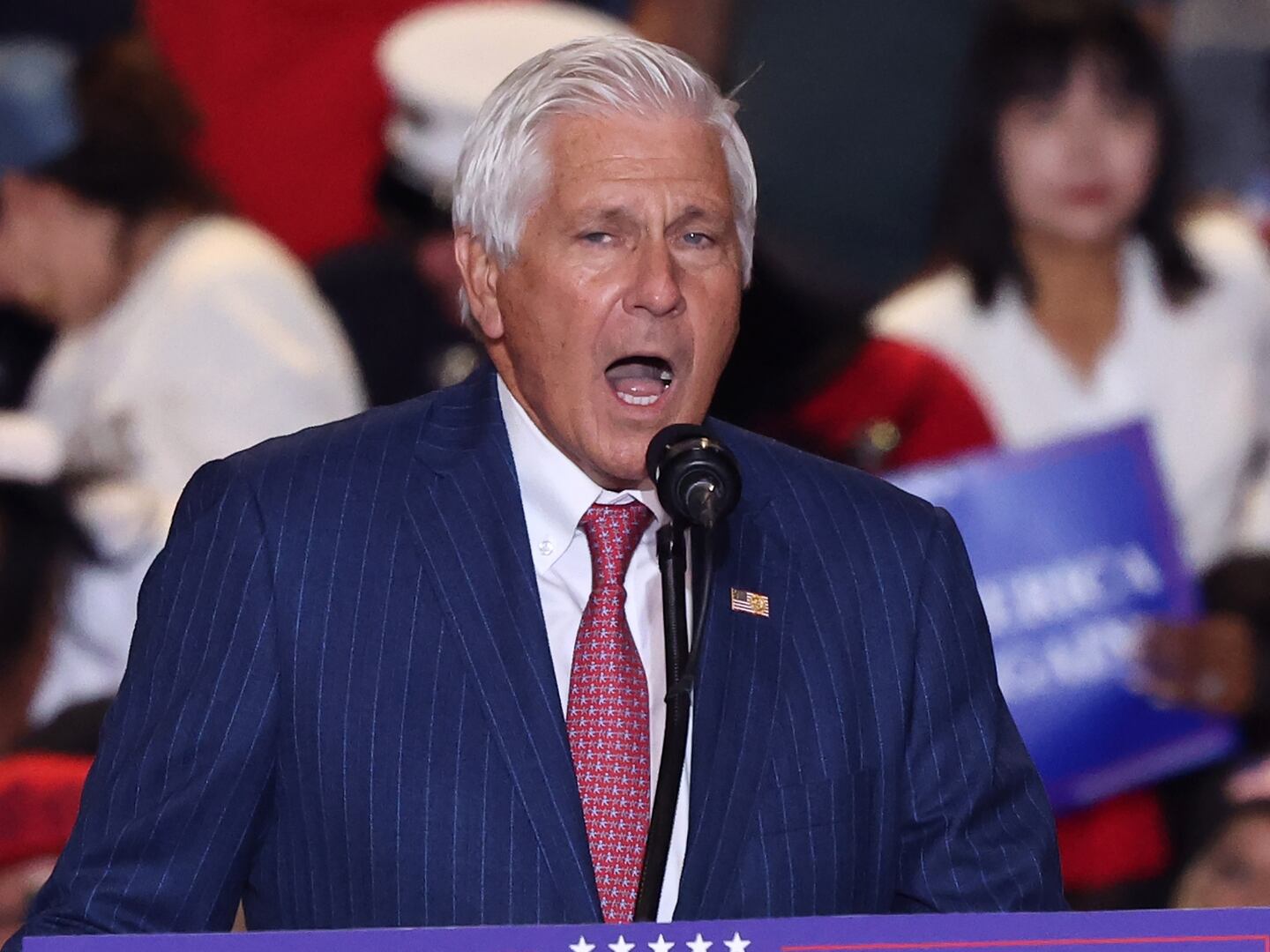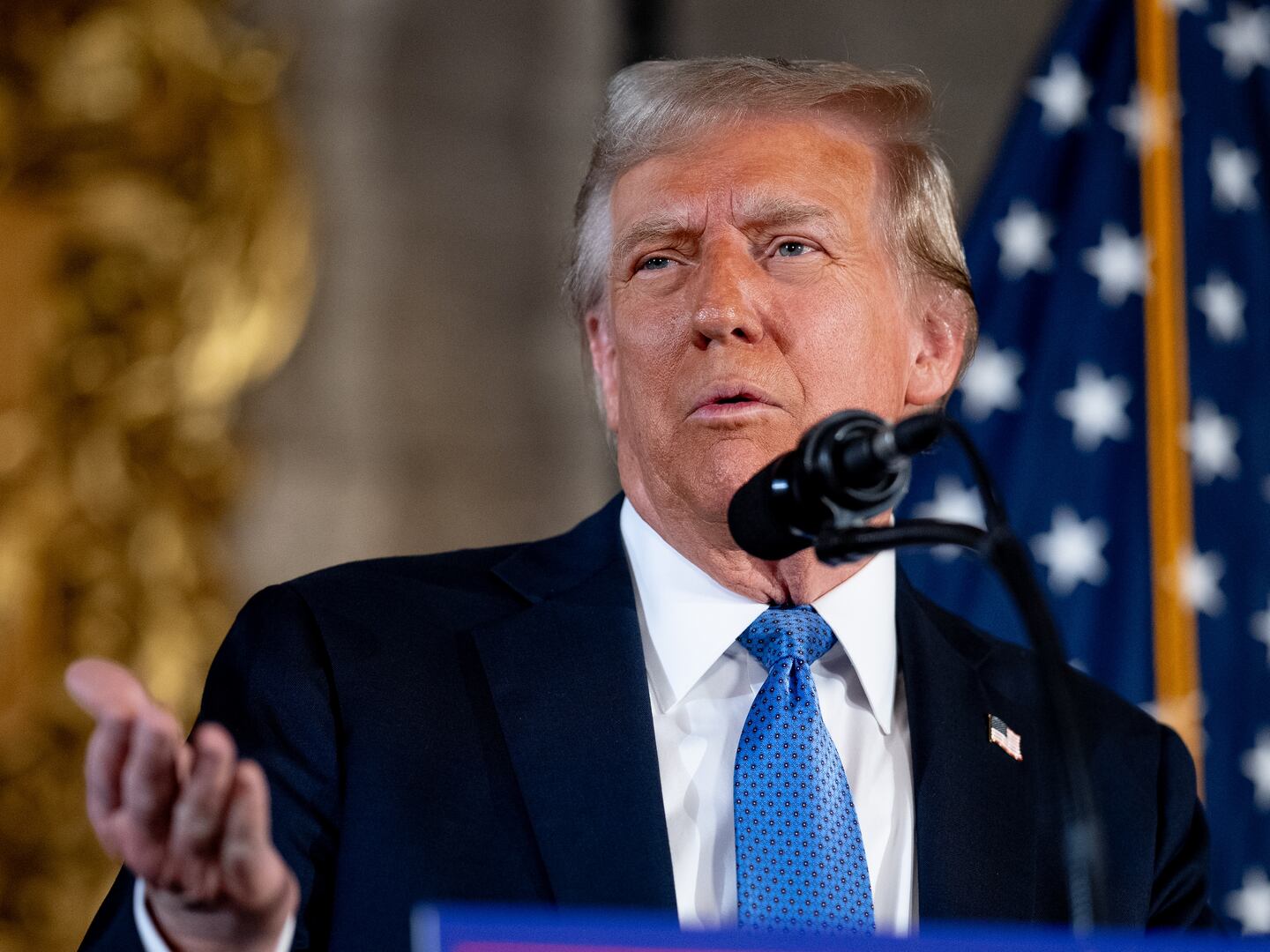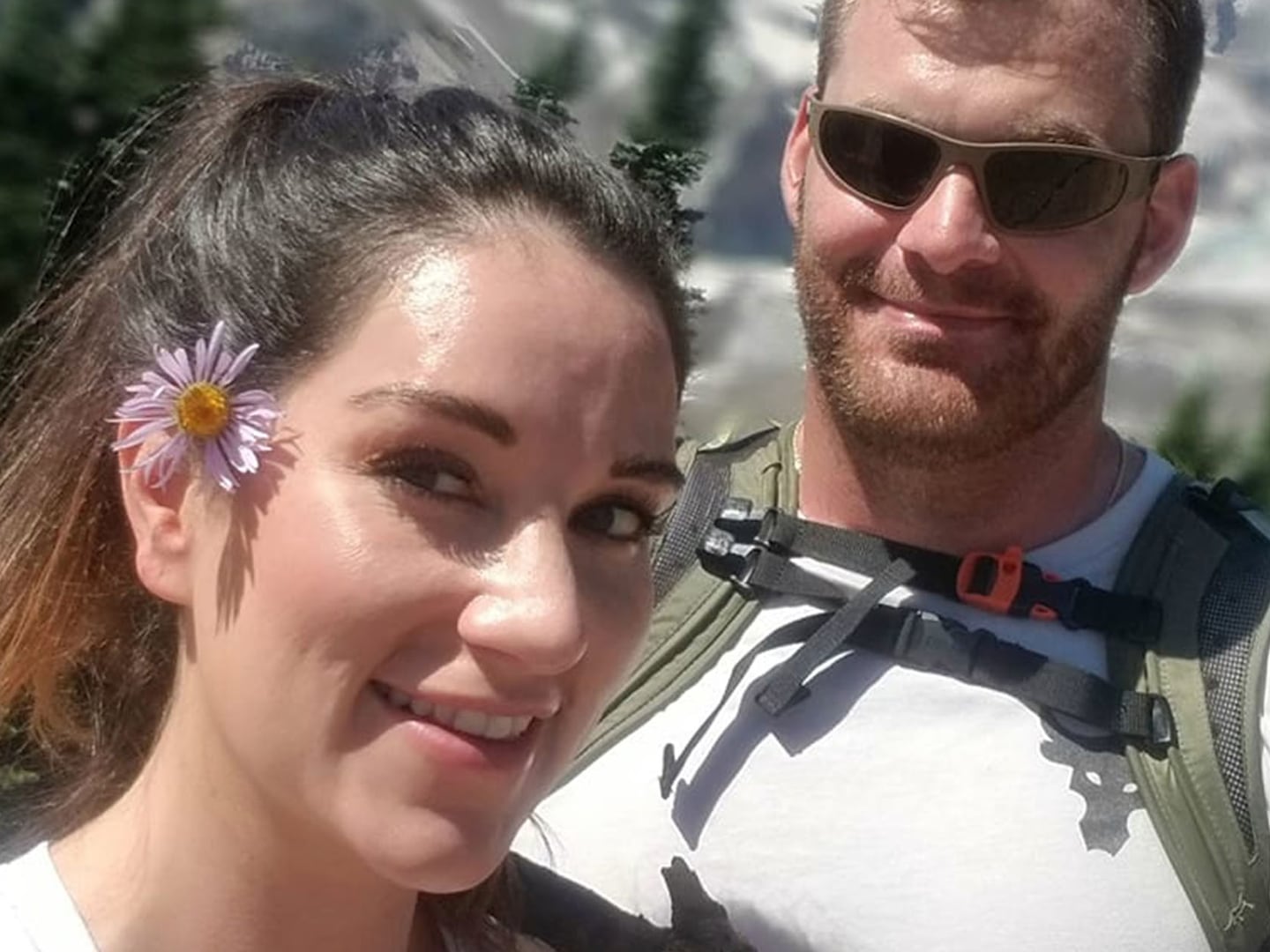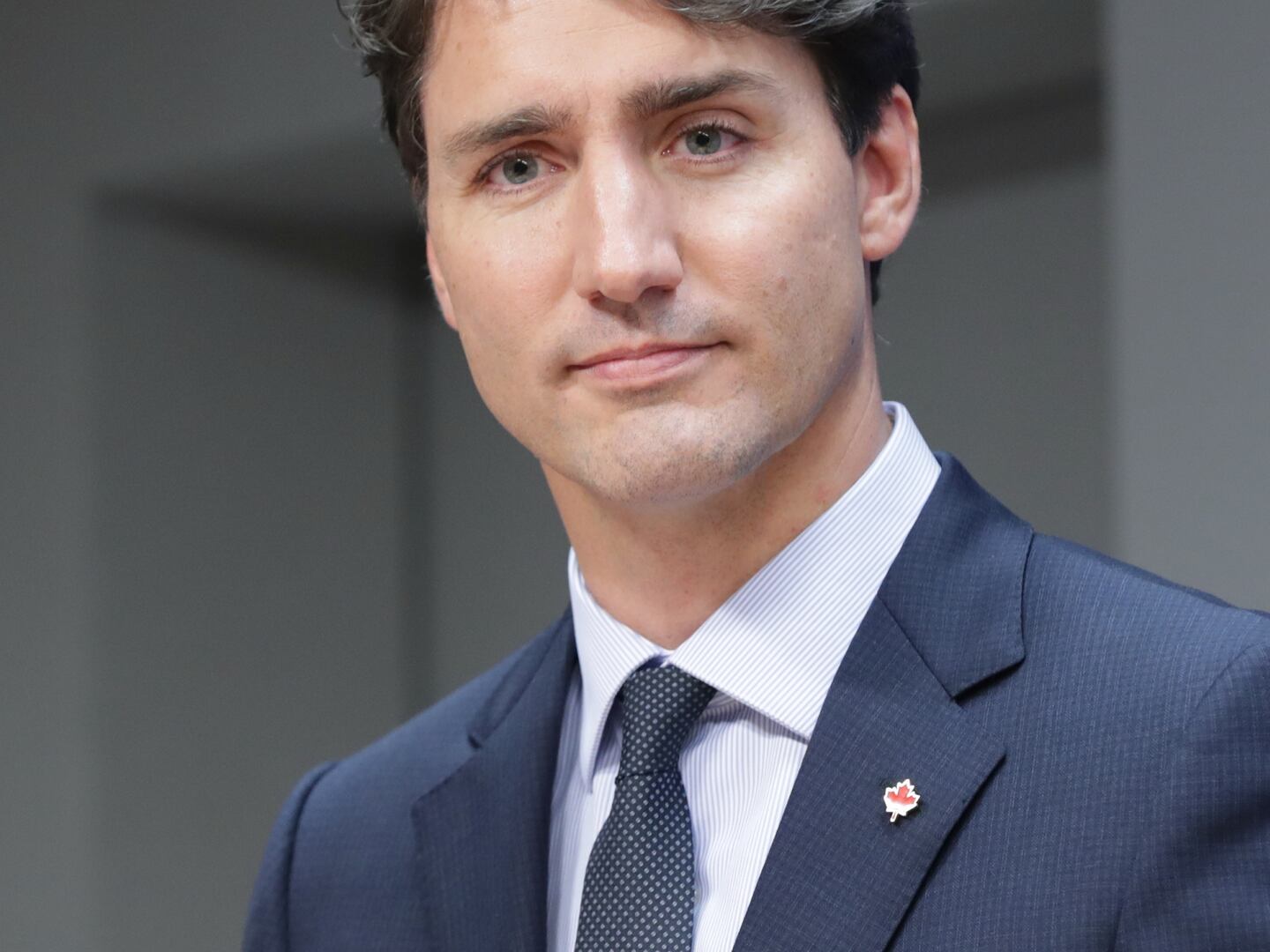U.S. News
River Vale Police Department
Coronavirus Ripoff Season Is Here. And a Kid Got Burned.
Scam Nation
Given panic over the government response to a deadly new illness, grifters may find a receptive audience in a public hungry for answers of any kind.

Trending Now





